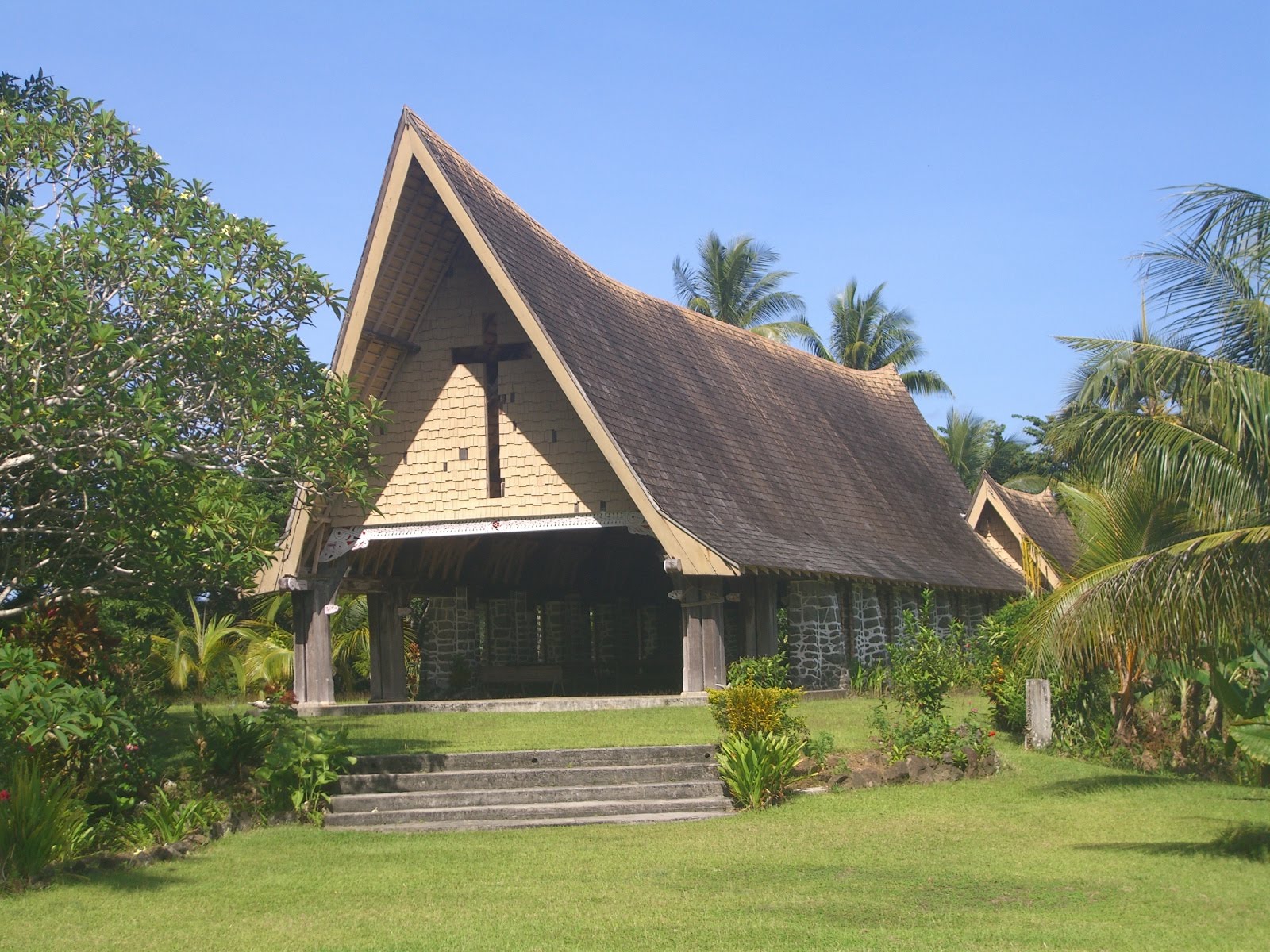This page is dedicated to those who have gone before us. Ancestors who have paved the way for the younger generations.
Their lives have been of two main objectives:
Their new found faith in GOD
Their FAMILY
More then 100 years ago long before missionaries came to our lands, our people believed in the supernatural, cannibalism was part of their life.
They were very superstitious and were suspicious of foreigners. It took many years to change their lifestyles and beliefs.
We are their dream of a new life and a new beginning.
My father Jimmy Iosia Doilegu was the first grandchild of Iosia & Pauline Lebasi. His mother was named Eva for Eve as she was the first baby born at the Kwato Mission. Eva married Doilegu Petelo (Kelabutuna).
Much has been spoken of my great grandfather Iosia Lebasi, but this part of the history is about my other great grandfather Petelo.
This story was told to me by my aunts, my dads cousins(Melitana & Iuleta), gone but not forgotten.
This is Petelo's story.....
Petelo(christian name for Peter) was born Kelabutuna, his parents, Luposi & Turua (a Niuen). He was born in the nineteenth century in a village called Divinai, Alotau, Milne bay Province.
When he was about 19 or 20 he married Lahela a girl he saved from his cannibal relatives. Lahela whose mother, was from Laviam Village, is the coastal village of Gurney international airport, Alotau and about 50km west of Divinai village.
Her biological father I was told was of European origin, however her mother later married her village man Ituitu
It all begin when warriors paddled from Divinai village to Maiwara a traditional enemy village about 5km west of Laviam to fight and bring in human trophies for consumption. On there way back they saw a light skinned girl on the beach. Apparently it was low tide and Lahela was looking for shellfish. she was kidnapped and taken to Divinai as cannibal food.
In the customs of the Bay people a feast is not a feast without taro ( a local root vegetable) and the taro harvest was not ready when Lahela was brought home. It was going to take a couple of months before harvest. Meanwhile Lahela was locked away.
Kelabutuna being half Niue was not a cannibal, Niuens were converted to Christianity before the papuans. Kelabutuna's sympathies went to Lahela when he heard of her ordeal. With his mothers help one early morning while everyone was asleep in the village he took Lahela back to her people.
Milne Bay is a matriarchal society, so a female is very important to family and her clan (Lahela's clan is Magisubu).
Land is handed down by mothers to daughters. Lahela's parents where overwhelmed by Kelabutuna's bravery and did not know how to pay Kelabutuna, so instead offered their daughter as a bride. Kelabutuna settled with his wife in Laviam village. They had three children, Penua, Doilegu and Philip.
All brothers became church workers of Kwato Church and established Laviam and Naura Churches.
During Penua's time as a preacher he reminded his Divinai village congregation that he wouldn't be there if his mother ended up in their pots....
